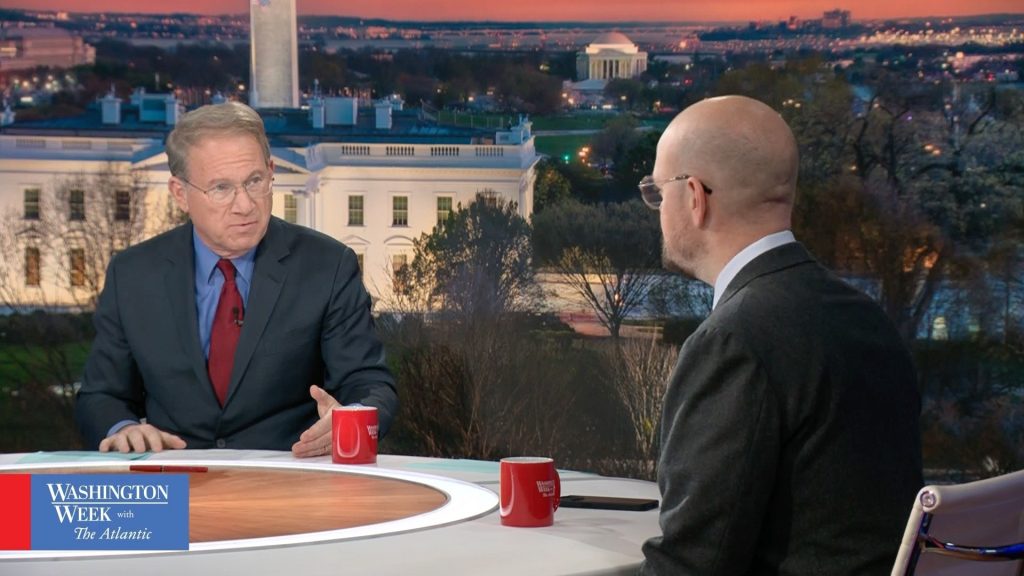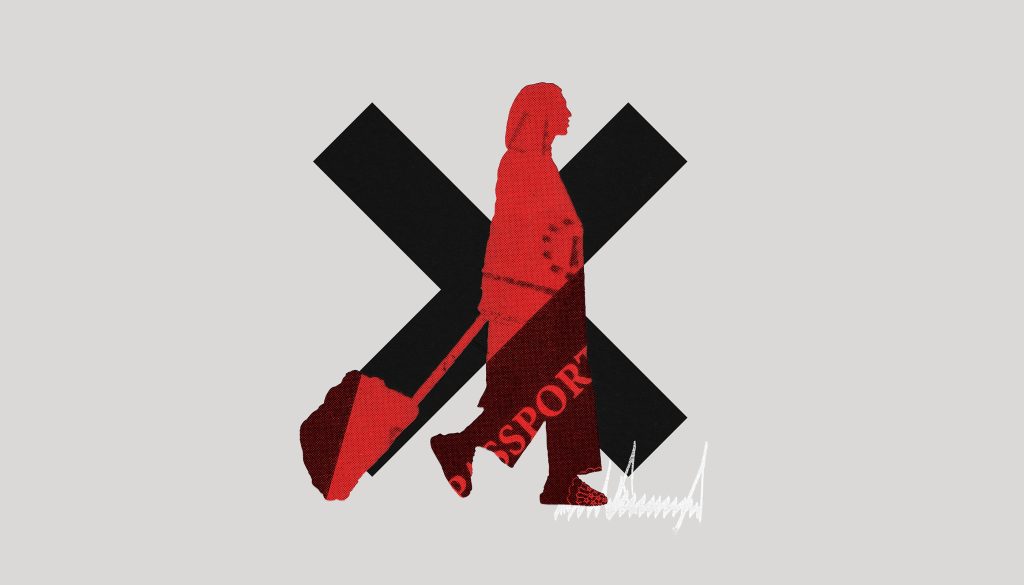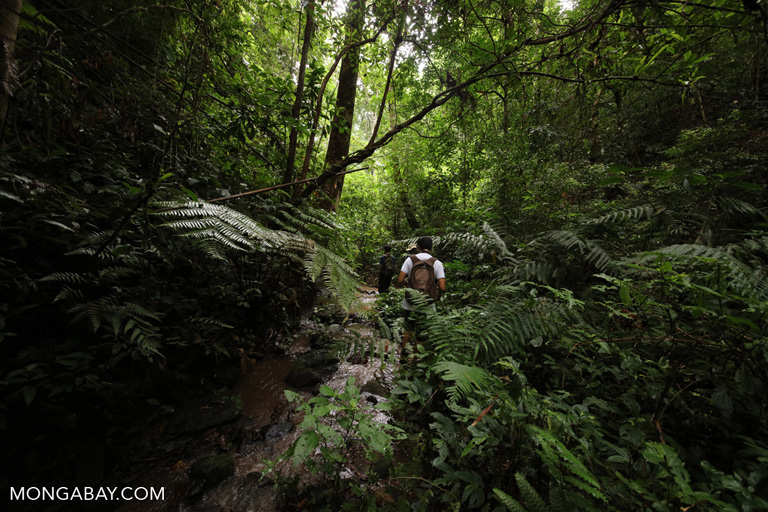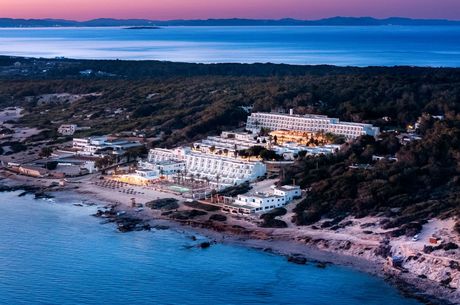Now Reading: Refocusing conservation funding on trust & community leadership after USAID freeze (commentary)
-
01
Refocusing conservation funding on trust & community leadership after USAID freeze (commentary)
Refocusing conservation funding on trust & community leadership after USAID freeze (commentary)
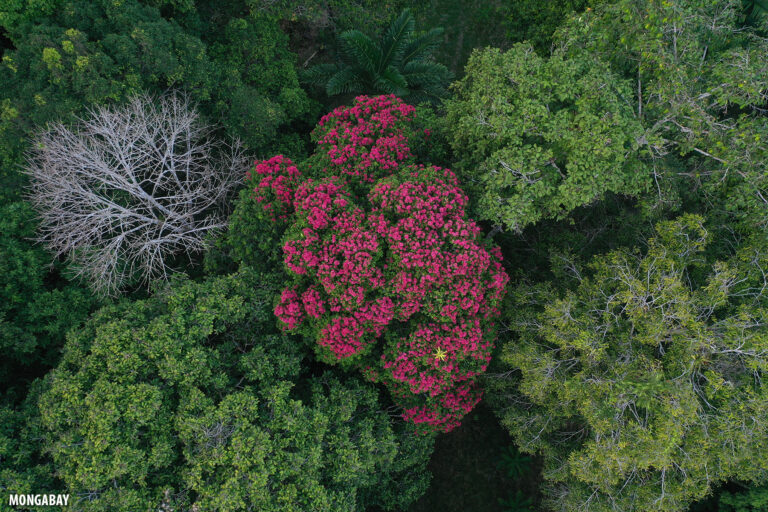
The recent suspension of USAID funding has highlighted a significant flaw in global conservation finance: heavy reliance on external donors and top-down funding models. However, community-led initiatives have proven that local stewardship, when supported and trusted, leads to more resilient and inclusive conservation outcomes.
A new opinion piece is advocating for a shift towards trust-based philanthropy, participatory grant-making, and diversified funding models focused on local leadership and long-term ecological impact. The author emphasizes that conservation should be integrated into the core of societal and economic structures, rather than being on the periphery of philanthropy or politics, to truly thrive.
The freeze of USAID funding, which exceeded $375 million in 2023, caused disruptions to critical biodiversity programs in various regions, impacting ranger salaries, community conservation efforts, and anti-trafficking operations. This event has underscored the need to rethink how environmental protection is financed, aiming to create resilient systems anchored locally.
The conservation finance sector has traditionally operated on a donor-centric model, with external entities dictating priorities and strategies. To address power imbalances and promote innovation, a more collaborative approach is needed, where local actors have the autonomy to co-design solutions and build long-term capacity.
Examples from Namibia and Nepal demonstrate the success of community-led conservation efforts, showcasing the positive outcomes of locally embedded governance and stewardship. The call is not to eliminate donor funding entirely but to complement it with diverse funding models that prioritize equity, inclusivity, and long-term impact.
The USAID funding freeze serves as an opportunity to reimagine conservation finance, emphasizing shared leadership, trust-based frameworks, and investment in communities and ecosystems for sustainable outcomes. Conservation should be considered fundamental to societal structures, economies, and futures for it to thrive beyond mere financial support.


